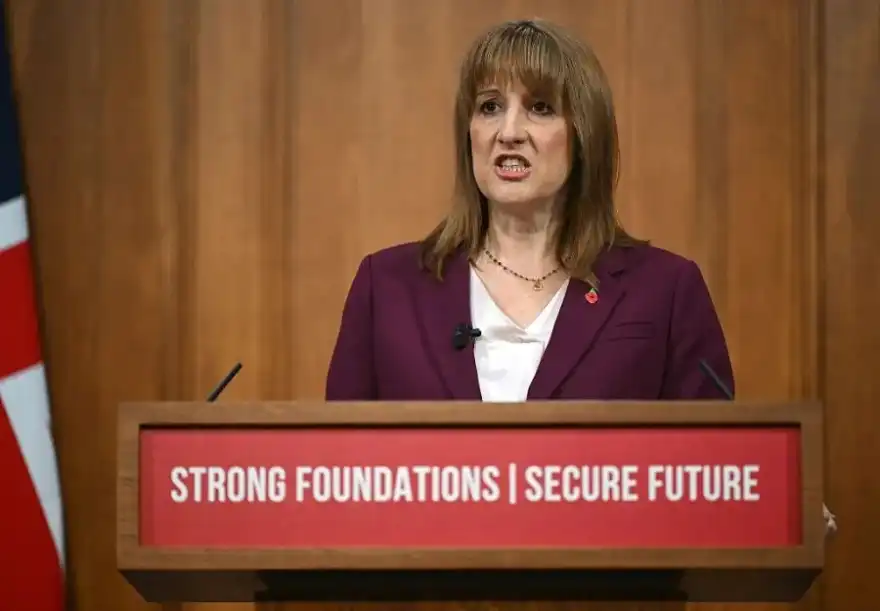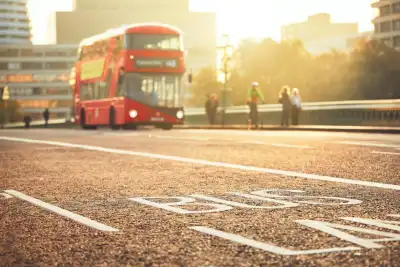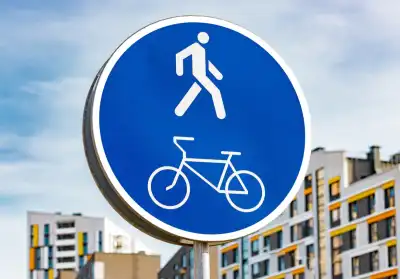
One in five drivers says they would consider giving up their car if running costs rise any further - a concern fuelled by fears over new tax measures in Rachel Reeves’s upcoming Autumn Budget.
The Chancellor will announce the 2026 tax plans next Wednesday, and drivers are bracing for more cost increases. Recent research shows that 24% of motorists would give up their vehicle if taxes continue to climb, especially as the Government looks to plug the gap left by falling fuel duty revenues.
Earlier this year, new Vehicle Excise Duty rates came into force, meaning electric cars now pay road tax for the first time. Some drivers have seen their first-year tax almost double. For example, cars emitting 76–90g of CO₂ per km now pay £270 instead of £135, while the highest-polluting models - over 255g/km - face a jump from £2,745 to £5,490.
A recent survey also found that 65% of Britons believe owning and running a car has become too expensive, and 22% say they don’t use their car enough to justify keeping it.
Chris Lawson, head of car insurance at Jaunt, said many drivers are rethinking their relationship with car ownership as household budgets tighten. Two-fifths of people surveyed said they would rather spend their money elsewhere.
However, giving up a car isn’t easy. Public transport is the main alternative, but a National Audit Office report shows bus services outside London have been in long-term decline. Two-thirds of respondents said poor bus services make it impossible to give up their car, despite high costs. Most people - 84% - also prefer to drive for their weekly shop rather than carry bags home on public transport.
Lawson added that both public transport and private car ownership can be “prohibitively expensive”, which explains why 60% of people use or would consider using temporary car insurance.
Transport costs underline the divide: car owners spend an average of £108 a week on transport, compared with just £13 for those without a car.
Debra Goodwin, chief customer officer at Stagecoach, said that with living costs rising, more people should consider alternatives like commuting by bus, which can be cheaper and less stressful.
The Autumn Budget will be announced on Wednesday, 26 November.




